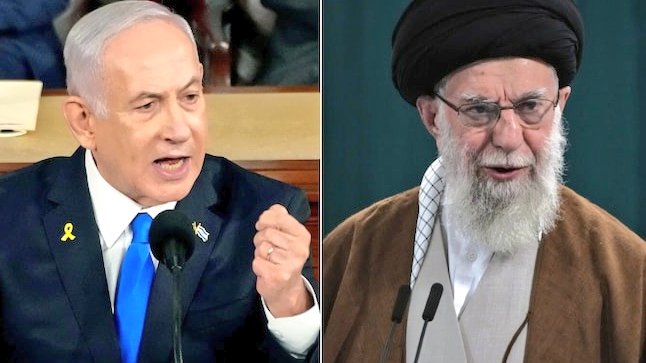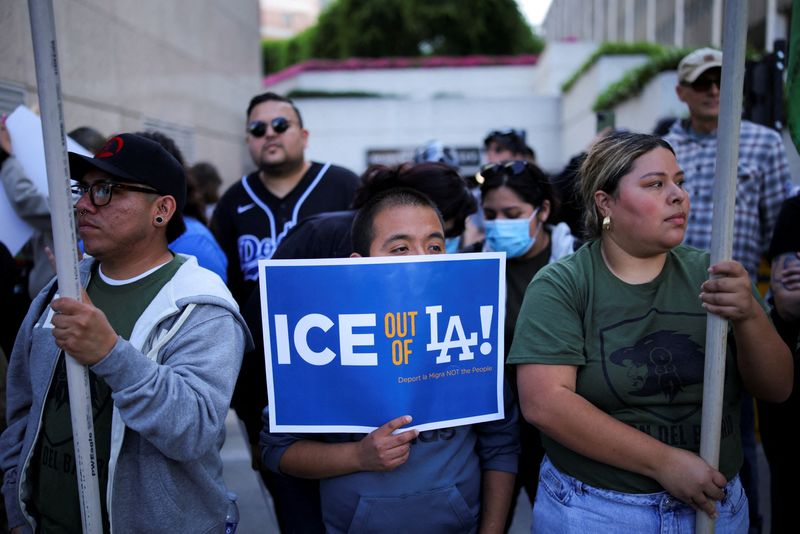Israel PM Says Khamenei’s Removal Could Resolve Middle East Tensions
In a bold and controversial remark, Israeli Prime Minister Benjamin Netanyahu has stated that the elimination of Iran’s Supreme Leader Ayatollah Ali Khamenei cannot be ruled out as a solution to the ongoing Iran-Israel conflict. The statement has sparked intense global debate and heightened already strained tensions in the Middle East. Netanyahu, known for his uncompromising stance on Iran, suggested that Khamenei’s death could potentially end the crisis, indicating a dramatic escalation in Israel’s strategic posture.
The comment came amidst a series of military escalations, drone strikes, and cyber warfare between Israel and Iran. As both nations continue to exchange blows across regional fronts—from Lebanon and Syria to cyber attacks and nuclear threats—Netanyahu’s statement may mark a turning point in Israel’s approach, shifting the focus from targeting Iran’s proxies to directly challenging its leadership.
Netanyahu Says Khamenei’s Death May End Iran’s Threat to Israel
Speaking to Israeli media and defense circles, Netanyahu did not mince words. When asked about the growing conflict and the possibility of neutralizing Iran’s nuclear and terror threat, he said:
“The elimination of Khamenei is not ruled out. His death will end this crisis.”
🚨 NETANYAHU : "Elimination of Khamenei not ruled out. His d**** will end crisis" pic.twitter.com/BrFqPlVAG7
— Times Algebra (@TimesAlgebraIND) June 19, 2025
The remark is being interpreted as a direct warning to Tehran that Israel is now prepared to consider decapitating the regime’s leadership, rather than limiting operations to infrastructure, nuclear facilities, or proxies like Hezbollah.
Netanyahu’s statement underscores a long-standing Israeli belief that Ayatollah Khamenei is the ideological and strategic architect behind Iran’s aggressive foreign policy, its support for terrorism across the region, and its pursuit of nuclear weapons. According to Israeli defense analysts, removing Khamenei could potentially destabilize Iran’s theocratic regime and weaken its control over militant networks operating in Gaza, Lebanon, and Syria.
While no official Israeli policy has ever admitted to targeting foreign heads of state, the timing of this statement—amid escalations in Gaza, Syria, and attacks on Israeli assets—suggests a calculated move to apply pressure on Tehran.
However, such a threat could also backfire diplomatically, risking international backlash and accusations of advocating regime change or political assassination. Iran, which has long vowed to retaliate for any such attempts, may now double down on its strategic alliances with Russia and militant groups. As the world watches closely, Netanyahu’s rhetoric signals that Israel’s patience has run out—and that the conflict with Iran may be entering its most dangerous phase yet.





















